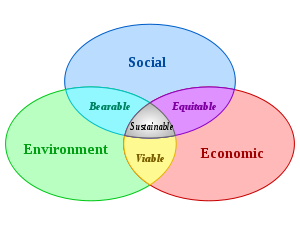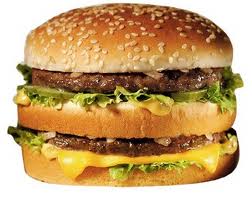“Climate Change” .It seems as if this is a baffling issue that no one is too willing to confront. This unwillingness from some to confront the occurrence of climate change can stem from the fact that it is seen as economically harmful to operate in an environmentally friendly way. However, after being introduced to the idea that sustainable development concerns not only the environment, but also social and economic realms, I realize that businesses need not forget about their social and economic goals if they wish to be sustainable. As this article mentions, there are a couple of ways to highlight the need for sustainable development- “getting angry” or “going right”. It argues that while “getting angry” can drive policy changes, “going right” seems productive, as policy makers will likely be more inclined to incorporate sustainable ideas, even if they are not convinced that climate change is occurring. “Going right” is not as focused on proving a point (the “getting angry” approach) rather, its goal is to keep taking steps in the sustainable direction.
http://www.economist.com/blogs/democracyinamerica/2011/10/next-steps-climate-change

